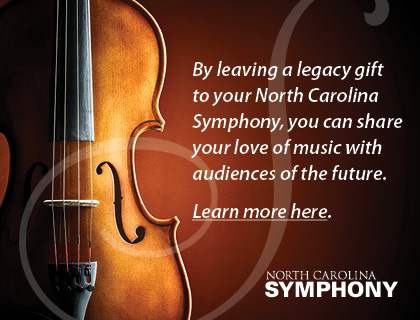Aaron Diehl made his North Carolina Symphony debut in November 2021 with the Aaron Diehl Trio, performing selections from Zodiac Suite by Mary Lou Williams.
Pianist and composer Aaron Diehl transforms the piano into an orchestral vessel in the spirit of beloved predecessors Ahmad Jamal, Erroll Garner, and Jelly Roll Morton. Following three critically-acclaimed albums on Mack Avenue Records—and appearances with the New York Philharmonic and at historic venues such as Jazz at Lincoln Center and the Village Vanguard—the American Pianist Association’s 2011 Cole Porter fellow now focuses his attention on his forthcoming solo album and on curating programs featuring Black American composers, with emphasis on William Grant Still.
Born in Columbus, Ohio, Diehl flourished among family members supportive of his artistic inclinations. His grandfather, piano and trombone player Arthur Baskerville, inspired him to pursue music and nurtured his talent. At age 17, he was a finalist in Jazz at Lincoln Center’s Essentially Ellington competition, where he was noticed by Wynton Marsalis. Soon after, he was invited to tour Europe with the Wynton Marsalis Septet (Marsalis has famously referred to him as “The Real Diehl.”)
Now a graduate of The Juilliard School, Diehl has also performed with artists including Branford Marsalis, Benny Golson, Jimmy Heath, Buster Williams, Wycliffe Gordon, and Grammy Award-winning vocalist Cecile McLorin Salvant. Recent highlights have included appearing at the New York premiere of Philip Glass’ complete Etudes at the Brooklyn Academy of Music, collaborating with flamenco guitarist Dani De Morón in Flamenco Meets Jazz (produced by Savannah Music Festival and Flamenco Festival), and performing with the New York Philharmonic and The Cleveland Orchestra as featured soloist on George Gershwin’s Piano Concerto in F. The New York Times lauded the “brilliance” of his Gershwin performance: “The roomy freedom of [his] playing in bluesy episodes was especially affecting. He folded short improvised sections into the score, and it’s hard to imagine that Gershwin would not have been impressed.”

